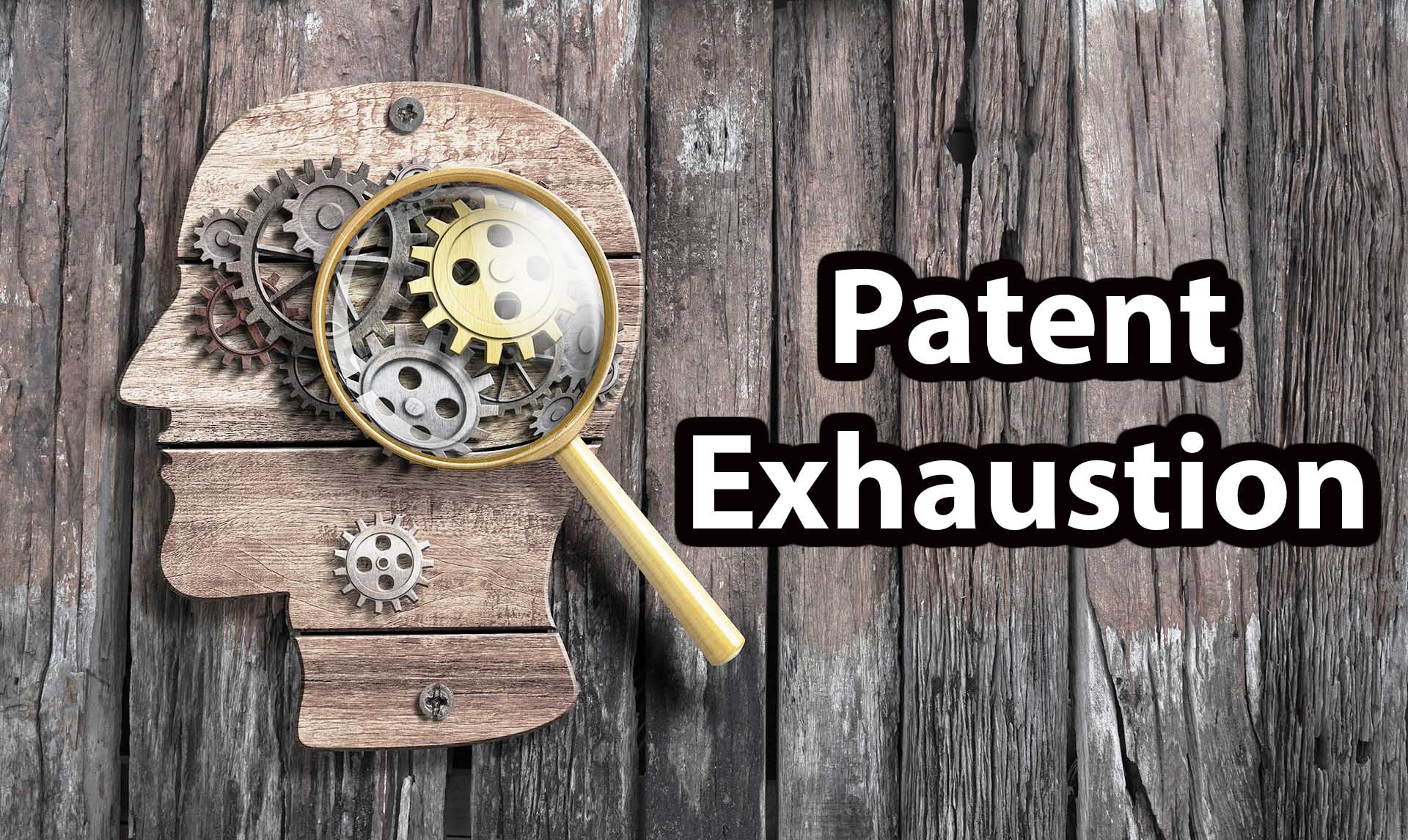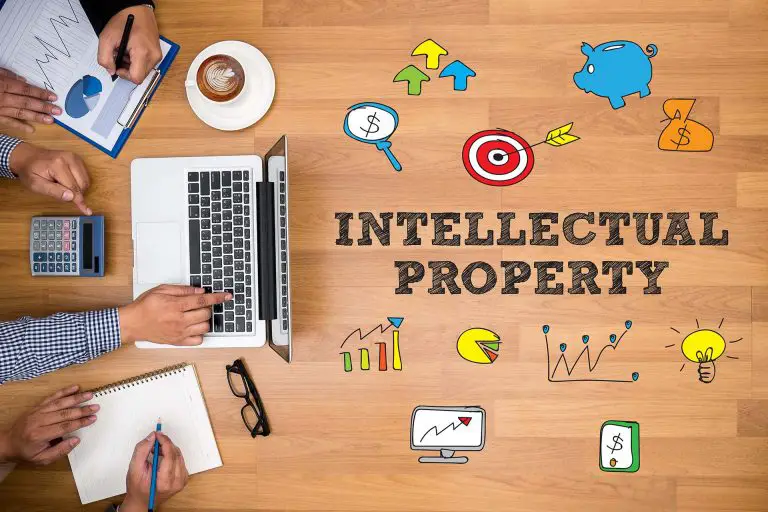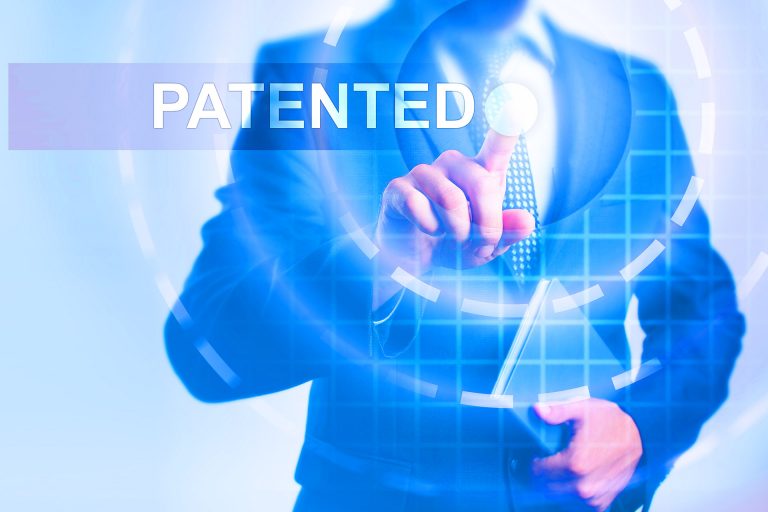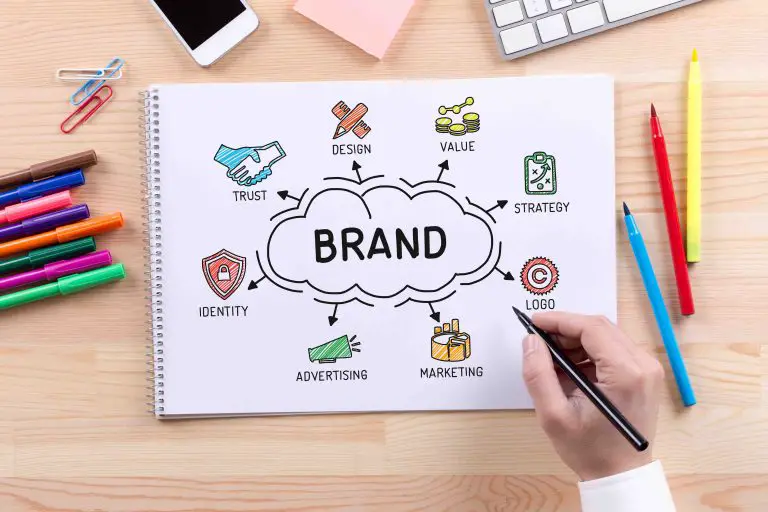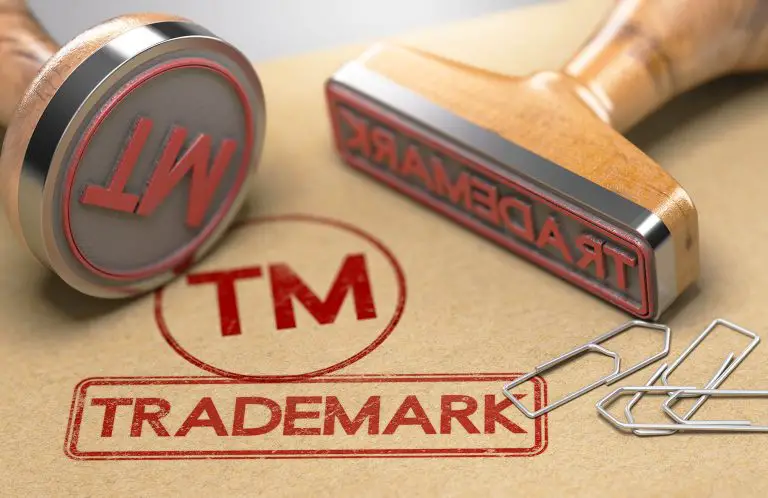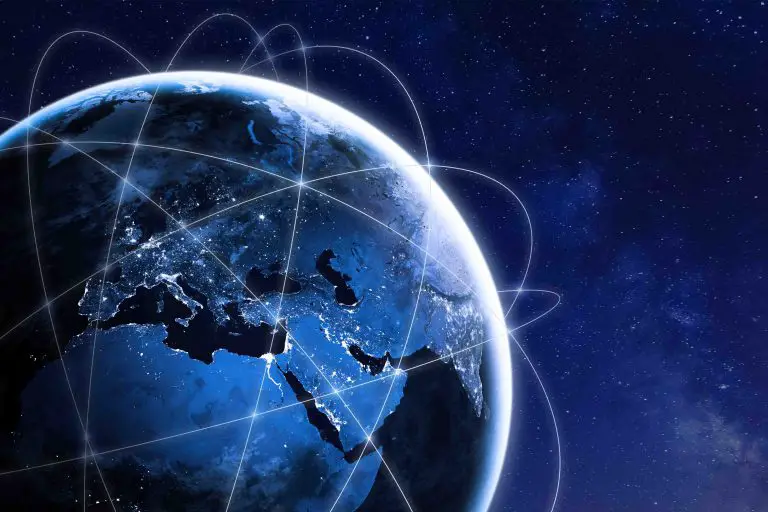What is Patent Exhaustion?
What is Patent Exhaustion?
The patent exhaustion doctrine holds that once a patent holder sells a product in the United States, a patent holder’s rights with regards to the object sold are terminated at the time of the initial sale. Said differently, once you purchase a patented product, the patent holder no longer has the right to control what you do with the product you purchased, but a patent holder can still stop you from replicating the article and selling a copy of it.
So, if you were to purchase a patented product, you can sell the product or license its use to another party without committing patent infringement.
That said, the purchaser of the patented product has the right to resell the exact product he purchased without the patent holder’s permission. However, he cannot duplicate the product and sell a copy of it without the permission of the patent holder. The patent holder retains the right to stop anyone from copying his product and selling a copy of the patented product or invention.
Although patent exhaustion extinguishes a patent holder’s rights, the patent holder may still restrict what you do with the purchased product through a contractual agreement. For example, if you purchase disposable glucose tests that state “single use only” and you’re caught reusing them, you won’t be liable for patent infringement, but you may be liable for breach of contract under contract law.
Patent Holder’s Rights
A patent grants an inventor the right to restrict others from using, making, selling, and importing the patented invention or product to the United States for a limited period of time, usually 20 years for utility patents and 15 years for design patents.
Patent law grants inventors patents to encourage them to innovate and develop new products that improve our daily lives. Patents encourage inventors to innovate because they allow inventors to exclude others from making and selling the patented invention, allowing inventors to be the only ones profiting from making and selling the patented invention or product.
That said, once an inventor makes and sells a patented product, the purpose of patent law is satisfied and the inventor cannot interfere with the purchaser’s use and enjoyment of the article sold. Said differently, once a patent holder sells you a product that he has patented, the patent holder can’t stop you from using and selling the article that you purchased from him.
However, the fact that you can use and sell the article that he sold to you, does not mean that you can copy it and sell the copy, you can only sell the exact article you purchased from him. An inventor retains the right to stop you from making the patented product and selling a copy of it.
If anyone copies an inventor’s invention and sells the copy, the inventor has the right to sue them for patent infringement. If the patent holder is successful, he may be able to recover any lost profits or damages he suffered as a result of the infringer’s activities.
Post Sale Restrictions
In the portion above, we covered sales of an article or product by the inventor without any restrictions, let’s cover the situation where a patent holder sells a patent article with restrictions. This area of patent law is a bit muddy, but we’ll do our best to explain it to you.
In 1992, The U.S Supreme Court ruled that if a patent holder sells a patented article or product with a restriction on it, the purchaser of such a product must comply with the post-sale restriction. The court based its reasoning not on patent law, but on contract law. The court stated that a patent holder exhausts all rights after selling a patented product, but a patent holder can place a contractual restriction on the product sold.
For example, if a patent holder has a patent on a glucose monitor, he can place a restriction, such as “single use only,” and you, the purchaser, would have to comply with that restriction. You would have to comply with the restriction because it’s a contractual agreement that you enter into with the patent holder when you purchase the patented article or product.
So, if you purchase a product that has a restriction on it, such as “single use only,” but you use the product multiples times, you will not be liable for patent infringement, but you may be liable for breach of contract.
Some Federal District Courts have ruled against this, but the Supreme Court ruling still stands, so if you’re in a situation where you purchased a patented product that has a restriction on it, contact your attorney and ask them whether you have to abide by such a restriction. Each situation is different so you need to ask an attorney to look at your specific situation to assess your options.
Post Sale Restrictions by Licensee
Patent law treats licensees who license a patented invention differs from the average person purchasing a patented product. When the average person purchased a product that is protected by a patent, he is unlikely to be aware of any restrictions on the use or sale of such product.
However, when a licensee and patent holder enter into a licensing agreement, the licensee knows the scope of the license, meaning he knows what he can and cannot do with the patented invention. Unlike the scenario where someone purchases a patent product and the product becomes his, a licensee is only allowed to use the patented invention, title to the invention does not pass to the licensee.
So, the concerns that are present for the average person are not present for a licensee. So, licensees are limited in what they can and cannot do with an invention, these terms are usually included in the licensing agreement.
Some patent holders require licensees to place post-sale restrictions on purchasers of the patent holder’s patent article or invention. The same laws that apply to post-sale restrictions apply to a licensee’s sale of the patent holder’s patented invention with a post-sale restriction.
Conclusion
Exhaustion law currently states that once a patent holder sells a patented product, the patent holder no longer controls what the purchaser does with the product that he purchased. However, the law is unclear as to what effect having a post-sale restriction on a product that is sold to someone.
Most would agree that patent holders can place restrictions on patent products that they sell. However, such agreements are not covered under patent law, rather they are governed by contract law.
So, if a patent holder sells a patented product that has a restriction on it, the purchaser must abide by the restriction but not because of patent law, but rather because of contract law. So, if a purchaser violates the agreement, he will not be liable for patent infringement, but rather for breach of contract under contract law.

